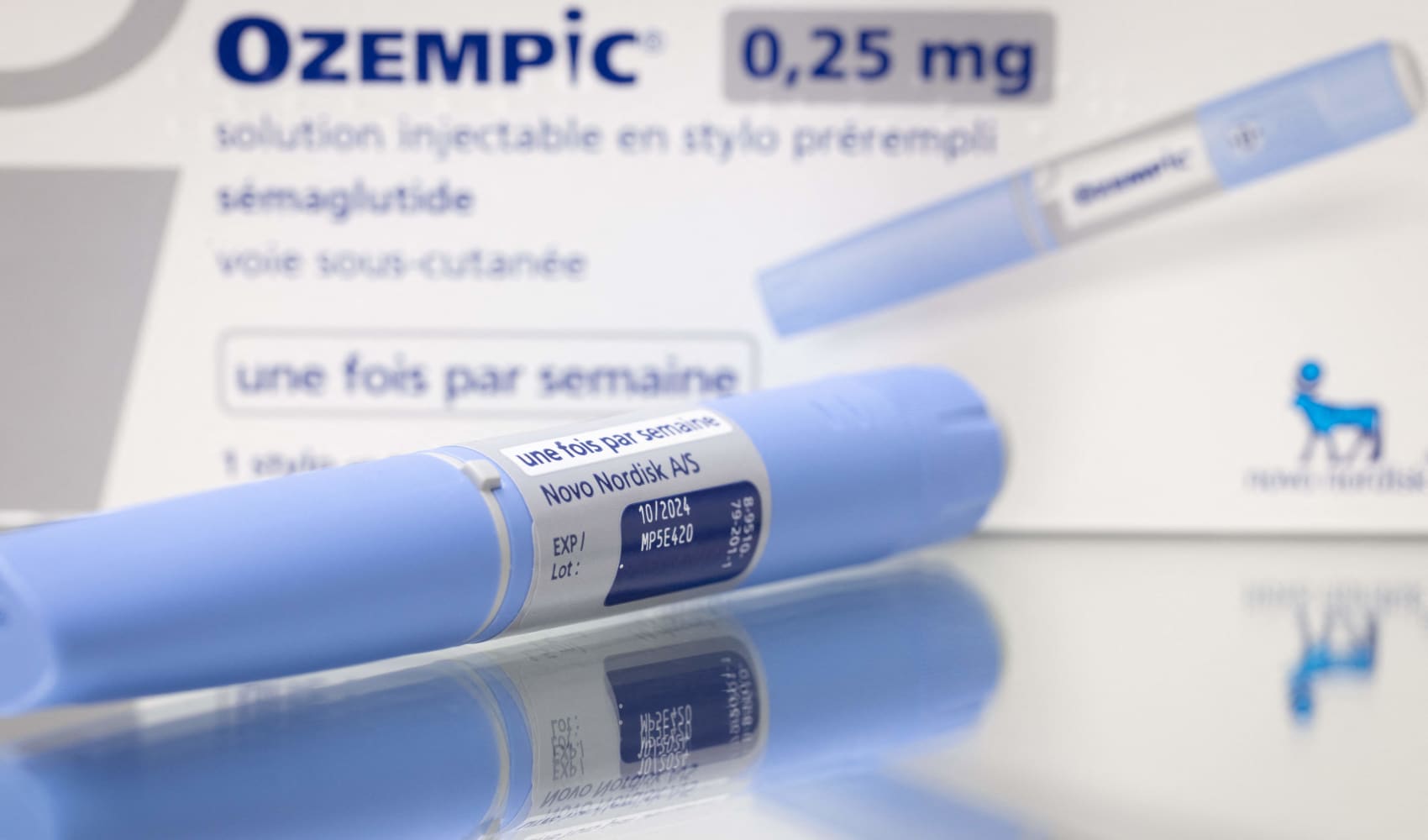Consider the set-up of your office and the receptionist, the coordinator of the hub-bub of it all. Every office has a central director and for good reason, because that person is the one responsible for forwarding calls, directing personnel and maintaining a general sense of organization.
Likewise, each person should have a primary care provider (PCP), whose role is comparable to that of an office manager but applicable to the medical and health system, instead.
“A PCP is important because they can coordinate your care and provide cost effective care for multiple medical problems as well as provide preventative care,” said Fleta H. Sokal, M.D.
A PCP can oftentimes treat multiple medical issues in one office visit, saving you time off of work and preventing you from paying those sometimes pricey co-pays.
“I can treat the patient's blood pressure, diabetes, high cholesterol, depression, rash and knee pain,” said Dr. Sokal, “rather than [a patient] seeing an endocrinologist, cardiologist, psychiatrist, orthopedist and dermatologist.”
If a referral isn’t needed, checking in with your PCP before visiting a specialist is still recommended so that he or she is kept in the loop of your medical on goings. Your primary doctor may additionally save you from unnecessary testing by specialists, making for a timelier, more efficient check-up. (Some tests may be able to be performed before you even see the specialist.)
With all of this being said, when visiting another doctor, remember to ask for two copies of tests results -- one for your own records and one for your PCP to stash away in a file cabinet. That way, the PCP is capable of interpreting results in association with your medical history and can be on the lookout for related health-related problems that may crop up in the future.
Health
“Keeping your own records of important medical events and vaccinations is very helpful. Charts are often in storage for space concerns and can be destroyed after five years,” added Dr. Sokal.
Moreover, sharing tests results with your PCP is vital because it may influence how your family is tested and thereby diagnosed. Are tests showing that you’re borderline for having celiac disease? Then you may want to make an appointment with your doc to see if your children are prone for the autoimmune disorder as well.
“It is important for the specialist to communicate findings and share the results with your PCP, so duplicate tests are not run in the future and your PCP can be aware when treating other problems,” she stated.
What if you don’t have a doctor to coordinate it all? Then, as with the beginnings of any business project, start by doing your research. Ask your friends, family, coworkers and even the local hospital for recommendations to see who’s the go-to guru and who you want to stay away from.
If word-of-mouth research techniques aren’t successful, then check out organizations like the American Academy of Family Physicians (AAFP) or the American Board of Family Medicine (ABFM) to locate a board certified family practitioner. The Doctor Tree -- Doctor Directory is also a database of over 500,000 doctors and the Administrators in Medicine DocFinder is a free search engine designed to help you locate a doctor.
When searching for a PCP, check to see if they’re board certified as well as free of any disciplinary-related actions. Interviewing a doctor may also be something to consider so you get a feel of a doctor’s personality and level of interest in you as a patient.
“Many doctors will let you interview them on the phone or in person when deciding whether to choose them,” explained Dr. Sokal, “You can ask them about the scope of their practice, insurances they take, office policies, how many patients they see per hour and so on.”
Selecting a PCP is really like selecting your soul mate -- well, your medical soul mate, at least -- and healthy and open communication is key between the patient and the doctor. In order to obtain a correct and accurate diagnosis, clear specification of symptoms on your behalf is crucial.
“Bringing a list to your appointment will help you not to forget what questions you have or the symptoms you are worried about,” said Dr. Sokal.
Similarly, don’t hesitate to speak up if a doctor is speaking in foreign medical language. “Don't be afraid to ask the doctor to repeat themselves or use other words if you do not understand what they are saying,” she said, “Writing down the doctor's instructions is also helpful.”
What are you waiting for? Get on out there, do your research and begin trekking down the path to find Dr. Right.



